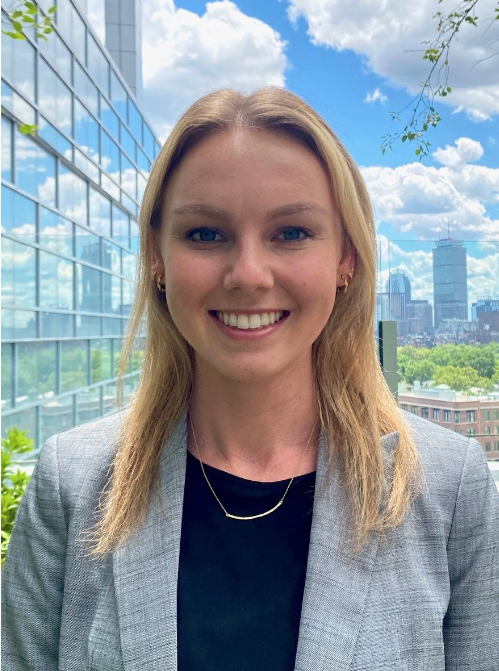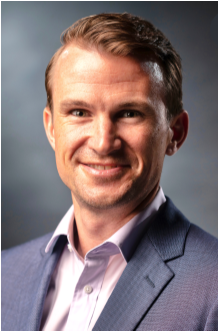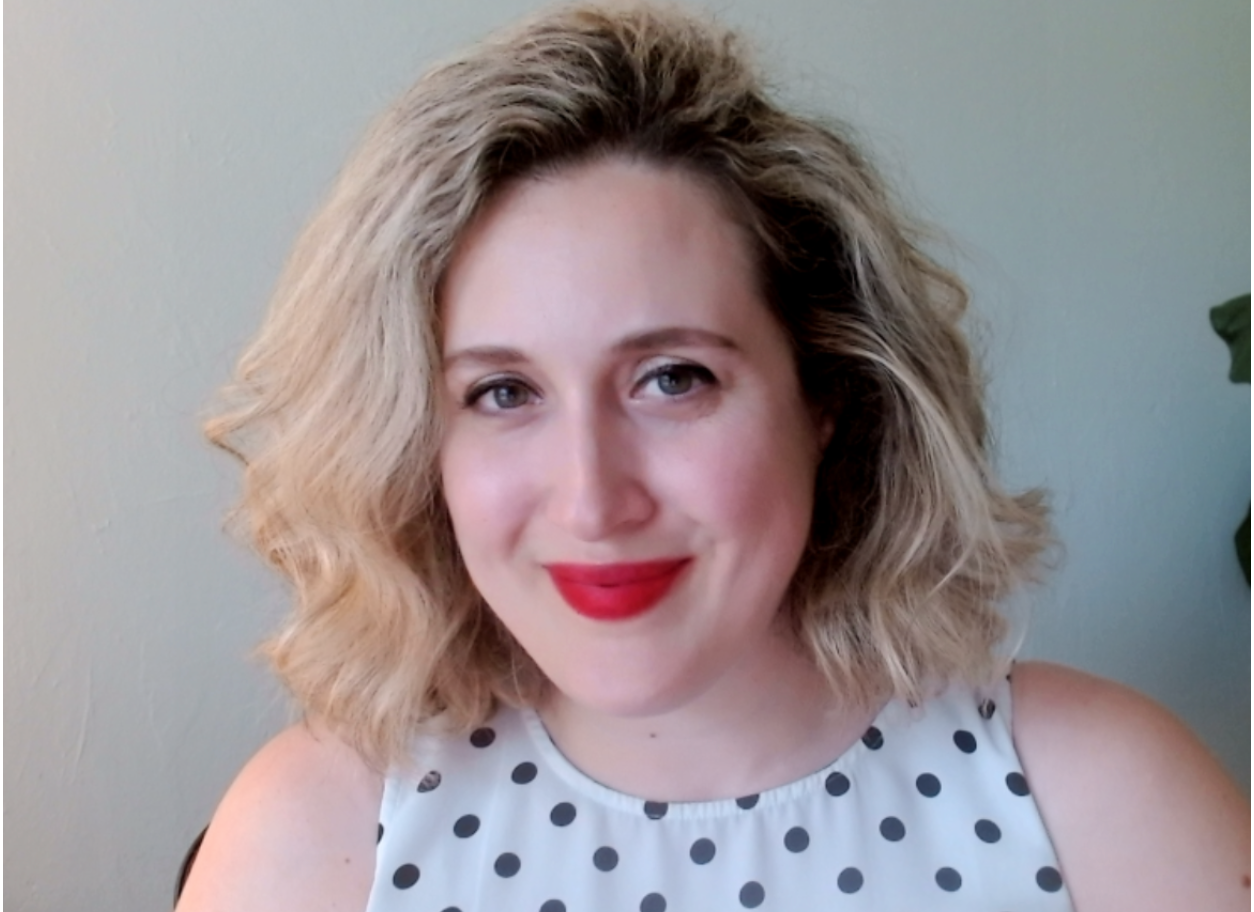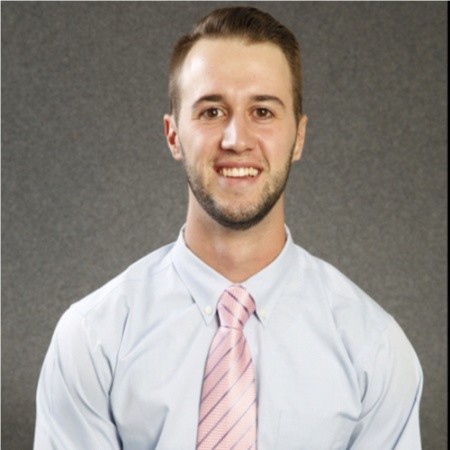Name: Kyle Irvine
Class Year: 2021
Title: Senior Associate Consultant
Organization Name: Hayden Consulting Group
1. In one sentence, what does your job entail?
I collaborate with teams to advise & deliver recommendations to pharmaceutical manufacturers on questions related to commercial strategy, product launch, organizational development & design, and patient access & affordability.
2. What planned and unplanned events connected you to your industry and your first employer after Holy Cross? How did you learn/decide it was a good fit for you?
My original plan after graduation was to attend graduate school but as a COVID-era graduate, I knew I needed a break from school. A few of my professors and mentors had worked in consulting prior to attending graduate school, so I figured it was a safe option. I began researching and applying and came across my current (and first) employer. Throughout the interview process, I was able to learn more about the kind of work I’d be doing and with whom I’d be doing it.
3. What were you involved in when you were on campus?
I was a four-year member of a number of musical ensembles through the Music Department, Chaplain’s Office, and Student Affairs, was a Tour Guide and Senior Interviewer in the Office of Admission, served as Co-Director of Academic Affairs for SGA, worked in Dinand and for the Economics Department, did research in the Economics Department, was a member of the College Honors and Economics Department Honors programs, and participated in the Spring Break Immersion Program and Dance Marathon.
4. What was your major and how did it affect your career decisions?
I was a double major in Economics and Music, which allowed me to pursue a wide range of potential careers – it also always sparked a discussion in an interview or networking call!
5. What are one or two skills that you developed at Holy Cross that you use in your work?
Critical Thinking: Across all of the courses I took at Holy Cross, my classmates and I were always pushed to get to the “so what” on exams and in papers, which has been invaluable in my consulting career as we continue to provide clients with rich insights from our work.
6. What advice do you have for students on campus today?
Don’t stress about having it all figured out (easier said than done) – talk to people (friends, upperclass students, professors, alumni) and learn more about what you might be interested in!











